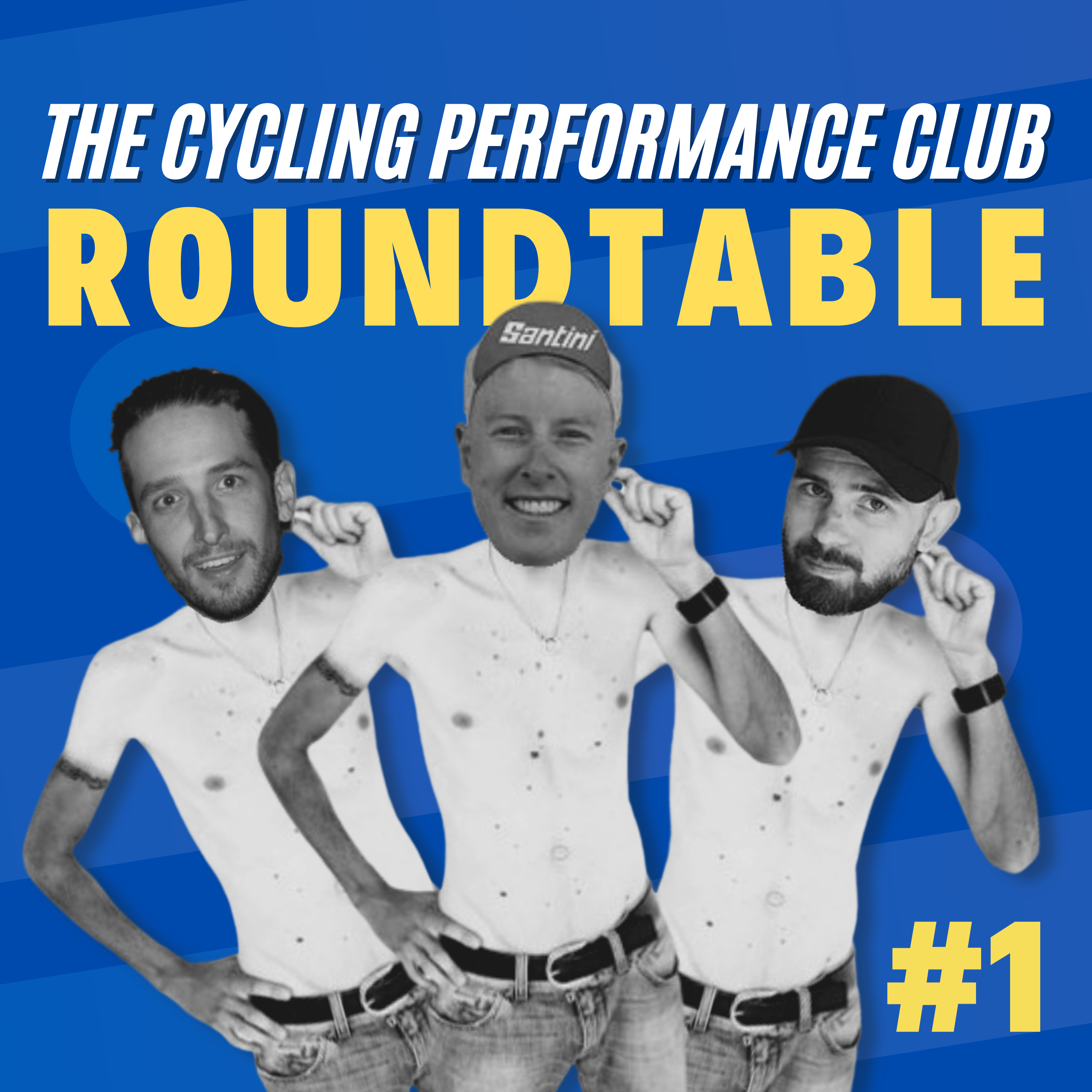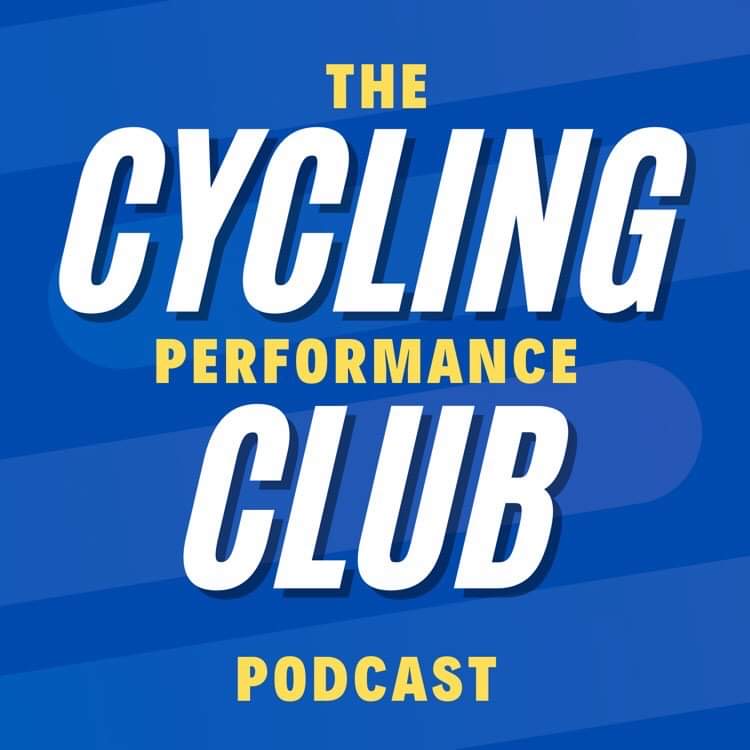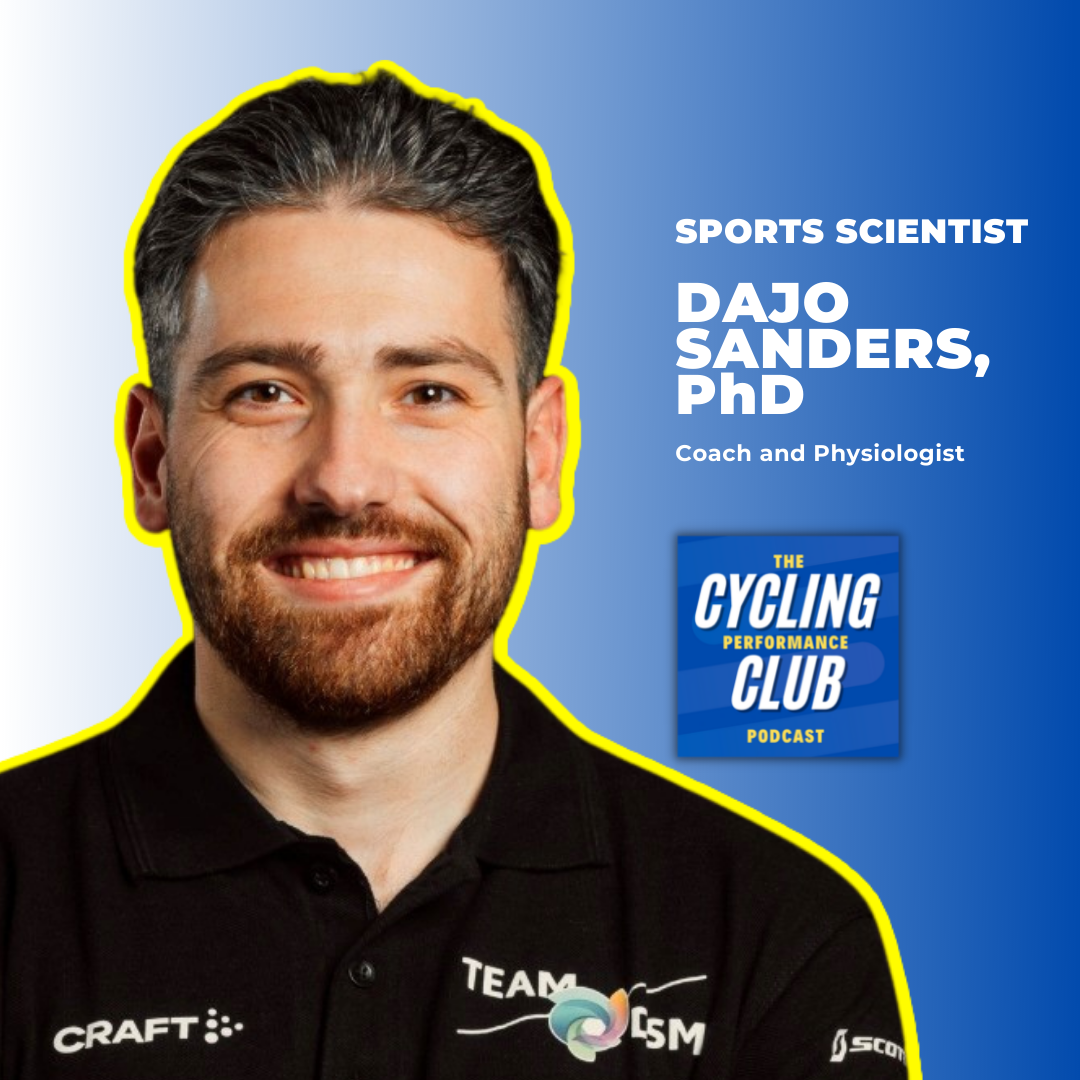In this episode we chat with Luke Plapp - Olympic bronze medalist on the track, current Australian Road Champion, and Ineos Grenadiers rider- about his transition from a successful track cyclist to racing on the road at the World Tour level.
And contrary to what one might initially think, his transition between these two roles was much more complicated than simply adding more “base” to his training schedule. Luke has moved across the world to a new climate, from one high performance environment to another, experienced the largest week’s training load of his life, and found new limits to surpass in his own performance abilities. Find out how he has tackled these challenges in stride, and come out swinging on the other side.
As a bonus, we also dive deep into Plappy’s favorite ergogenic aid: heat acclimation- for all of you coming into the Northern Hemisphere summer.
Guest panelist:
Luke Plapp
procyclingstats.com
Twitter: @LucasPlapp
Instagram: @lukeplapp
Episode References:
Video: Men’s wheel race - 2021
Podcast: SBS Cycling Podcast
Video: Jack Haig discussion
Video: AusCycling Show
This is a listener supported podcast, and we would be stoked if you supported us by becoming a member of The Cycling Performance Club! With your backing we can continue our mission to deliver the best in cycling performance knowledge and practical advice to you and the greater cycling community. Support The Club by clicking here!
Co-hosts:
Jason Boynton, Ph.D.
boyntoncoaching.com
Cyrus Monk
cyclistscientist.com
Producer & co-host:
Damian Ruse
semiprocycling.com
Instagram: @cyclingperformanceclub
Facebook: @cyclingperformanceclub
Twitter: @cyclingclubpod
LinkedIn: The Cycling Performance Club Podcast

If you are a regular listener to the show you may have noticed a recent lull in our content. Fortunately, this hasn’t been without...

Host topics covered in this episode:2:05 Is there a correlation between core strength and FTP? At what point does this correlation end and should...

In this episode we continue our discussion with Dr. Dajo Sanders (part 2 of 2), an individual whose skill and expertise in the realm...